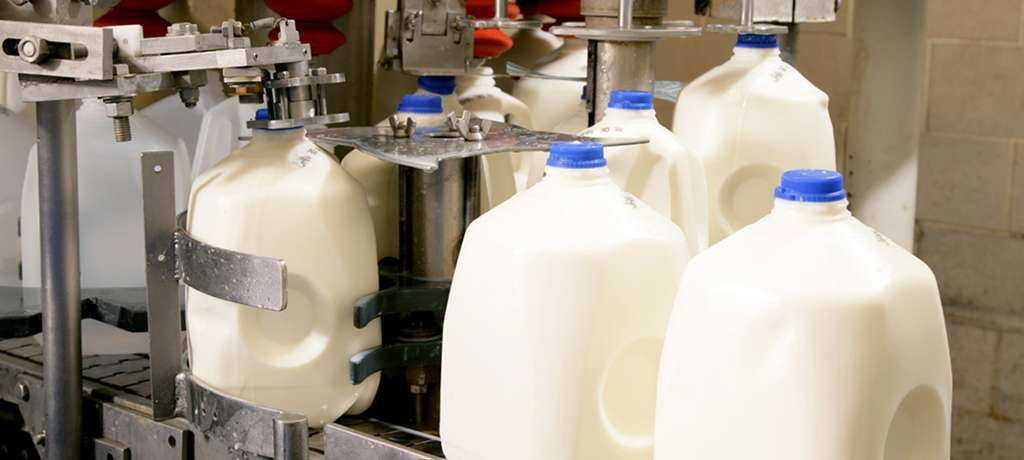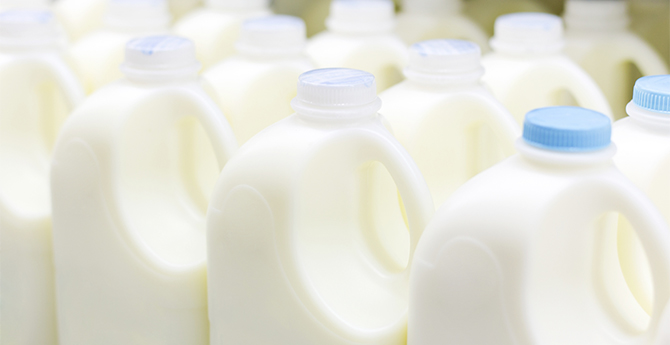MILK OR PLANT-BASED “MILK”? HERE’S WHY DAIRY HAS ALWAYS BEEN THE BEST CHOICE.
A 2015 study published by the Canadian Medical Association Journal suggests that “milk alternatives might not give kids enough vitamin D,” as reported by Undeniably Dairy. In the same article, dietitian Stephanie Cundith spelled out why she serves her son dairy milk rather than any plant-based alternatives: “Unlike cow’s milk you find in your store, you cannot be certain that essential nutrients are found among the various types of non-dairy beverages. That’s why I rely on cow’s milk to provide my son with the essential nutrients he needs for healthy development.”
That makes quite a lot of sense when you compare the nutritional benefits of dairy milk to almond-based drinks: An 8-ounce glass of milk offers 8 grams of protein for building strong bones—which, for the record, is the same amount of protein provided by 12 cups of kale. On the other hand, many almond-based “milks” only offers 1 gram of protein per serving.
Meanwhile, dairy milk is naturally rich in calcium, whereas most of the calcium in almond milk has been added after the fact in order to beef up the amount. It’s also worth pointing out that dairy milk consists of only three natural ingredients: milk, vitamin A and vitamin D. Now compare that to these highly processed almond-based drinks, which can as many as to 14 ingredients (including salt, sugar, stabilizers and emulsifiers like gellan gum, sunflower lecithin and locust bean gum). And here’s a surprising and rather disappointing tidbit to consider: Almond milk doesn’t seem to contain very many actual almonds at all. As USA Today reports, it “contains only about four to six almonds in an 8-ounce glass.”
And let’s talk sugar for a moment. The sugar found in dairy milk—known as lactose—is naturally occurring. As Everyday Health reports, “The natural sugars in dairy and fruit are part of a nutrient-dense package, so they aren’t something you need to worry about limiting in your diet.” But it’s a totally different story if you check out the label on cartons of soy, almond, rice or coconut “milk,” where you’re bound to see that plenty of sugar has been added for taste. (Be on the lookout for ingredients like cane sugar or cane juice.)
As far as health benefits are concerned, there’s really no comparison between dairy milk and the trendy milk imposters that are made by watering down plant products and then adding in fortification. Cow’s milk was one of the very first farm-to-table superfoods and it’s the only food that can claim to be an excellent or good source of 13 essential nutrients regardless of whether you buy whole, reduced-fat or fat-free varieties. Affordable, minimally-processed and always delicious, milk is a protein-packed powerhouse that will always give you quite the nutritional bang for your buck. Thirsty?




